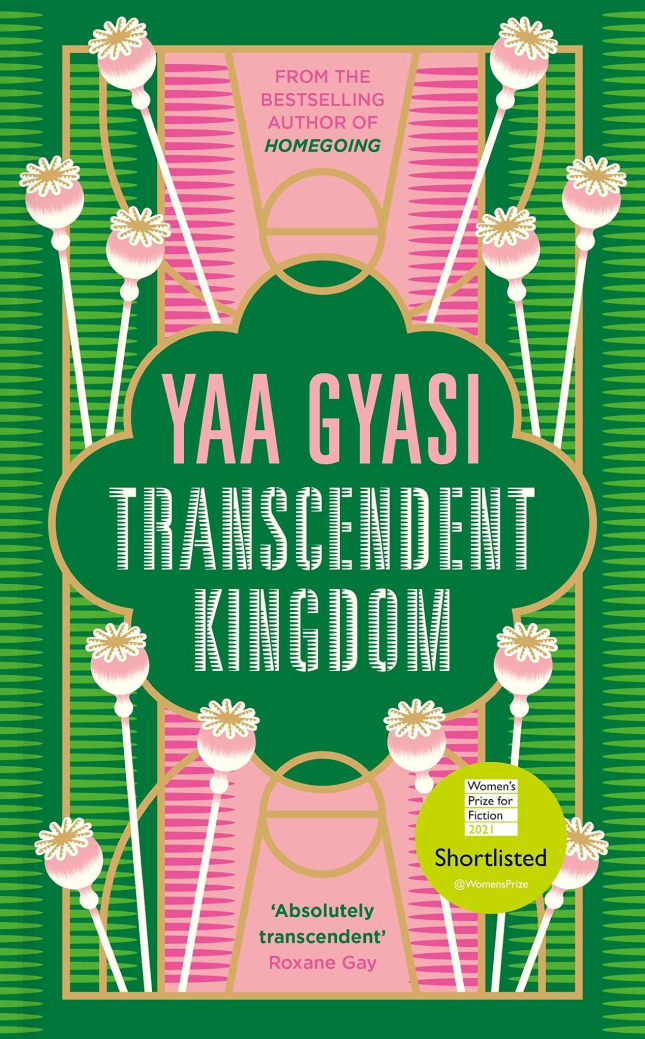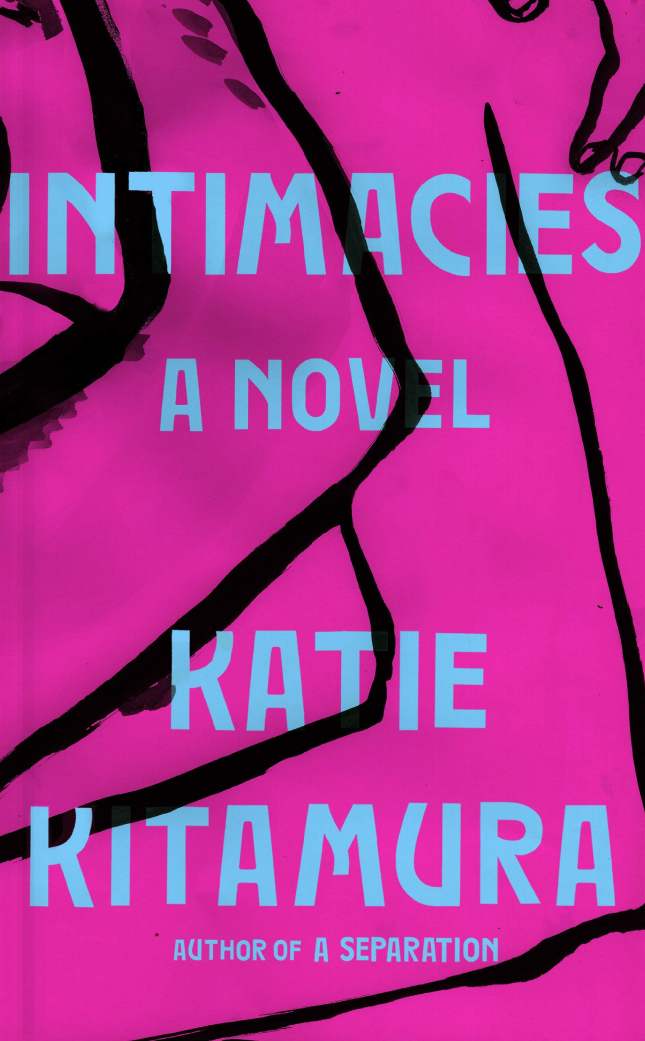
Transcendent Kingdom

Selected By
Bella P.
Summary
Yaa Gyasi's stunning follow-up to her acclaimed national best seller Homegoing is a powerful, raw, intimate, deeply layered novel about a Ghanaian family in Alabama.
Gifty is a fifth-year candidate in neuroscience at Stanford School of Medicine studying reward-seeking behavior in mice and the neural circuits of depression and addiction. Her brother, Nana, was a gifted high school athlete who died of a heroin overdose after a knee injury left him hooked on OxyContin. Her suicidal mother is living in her bed. Gifty is determined to discover the scientific basis for the suffering she sees all around her.
But even as she turns to the hard sciences to unlock the mystery of her family's loss, she finds herself hungering for her childhood faith and grappling with the evangelical church in which she was raised, whose promise of salvation remains as tantalizing as it is elusive. Transcendent Kingdom is a deeply moving portrait of a family of Ghanaian immigrants ravaged by depression and addiction and grief--a novel about faith, science, religion, love. Exquisitely written, emotionally searing, this is an exceptionally powerful follow-up to Gyasi's phenomenal debut.
Highlights
“If I've thought of my mother as callous, and many times I have, then it is important to remember what a callus is: the hardened tissue that forms over a wound.”
, Yaa Gyasi
“It took me many years to realize that it’s hard to live in this world. I don’t mean the mechanics of living, because for most of us, our hearts will beat, our lungs will take in oxygen, without us doing anything at all to tell them to. For most of us, mechanically, physically, it’s harder to die than it is to live. But still we try to die. We drive too fast down winding roads, we have sex with strangers without wearing protection, we drink, we use drugs. We try to squeeze a little more life out of our lives. It’s natural to want to do that. But to be alive in the world, every day, as we are given more and more and more, as the nature of “what we can handle” changes and our methods for how we handle it change, too, that’s something of a miracle.”
, Yaa Gyasi
Next Book
Intimacies